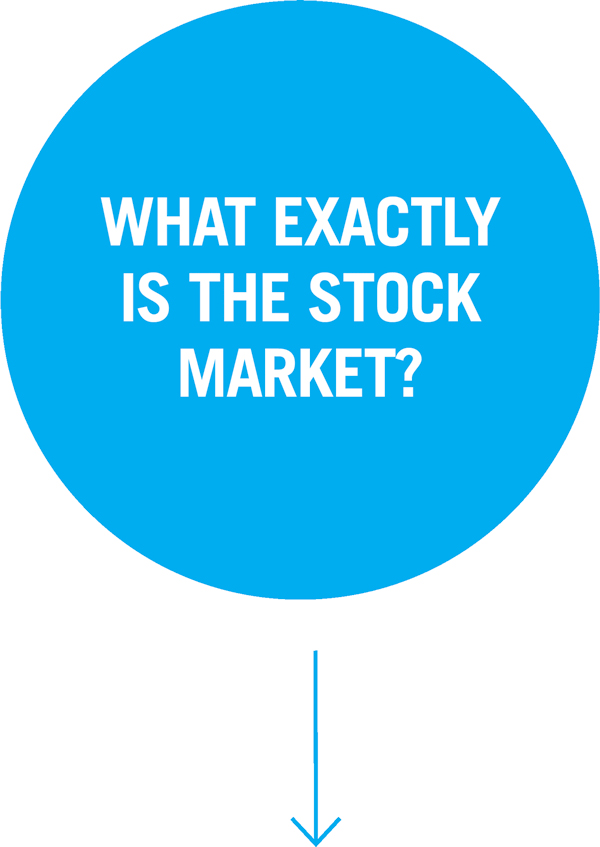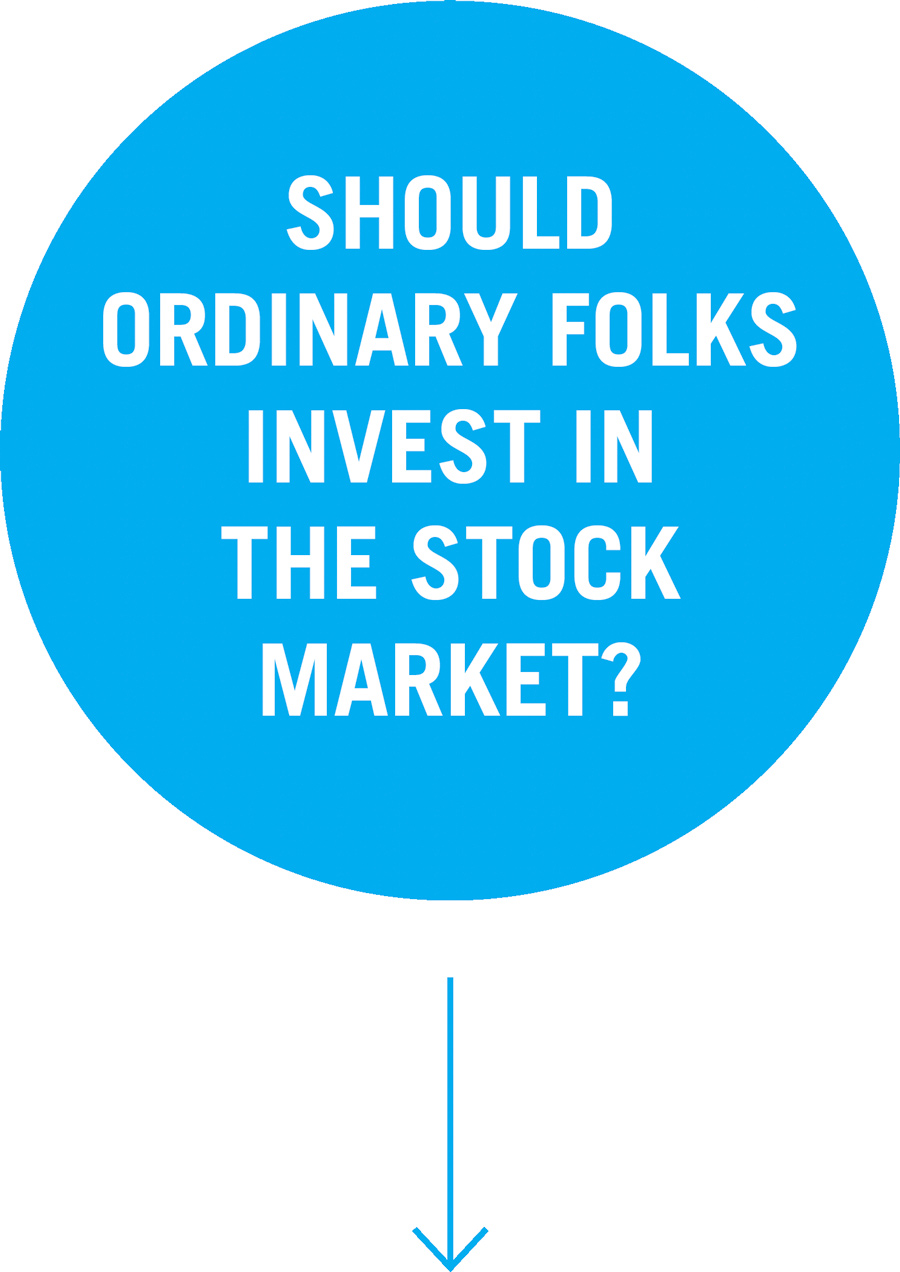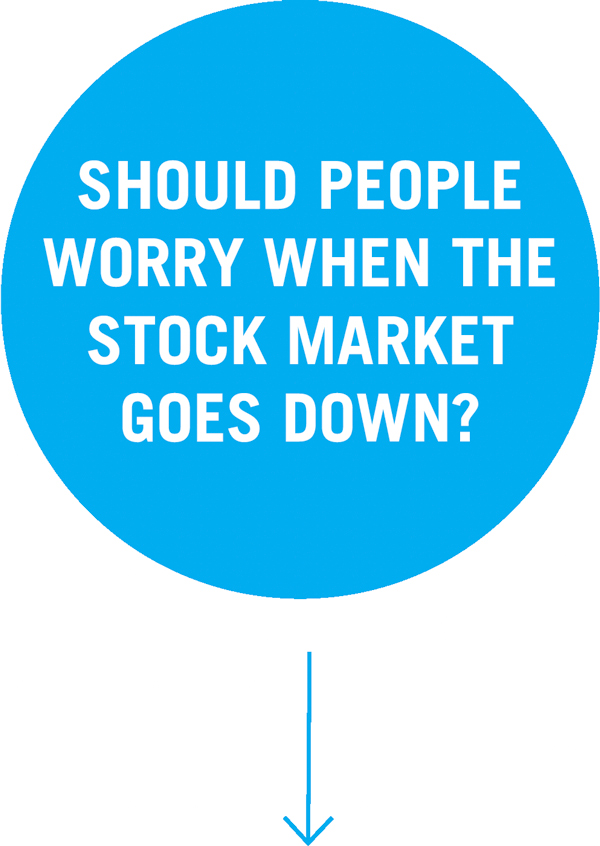
Understanding the Stock Market

Illustration: Joel Kimmel
 Investing in financial markets can seem intimidating and risky for the ordinary person. Ron Baron ’65 is chairman, CEO and portfolio manager of Baron Capital, which he founded in 1982 and is famous for its annual investment conference featuring performers such as Paul McCartney, Barbra Streisand and Chris Rock. Baron says regular investors can use a fairly simple approach to take advantage of the power of the U.S. economy and achieve long-term financial success.
Investing in financial markets can seem intimidating and risky for the ordinary person. Ron Baron ’65 is chairman, CEO and portfolio manager of Baron Capital, which he founded in 1982 and is famous for its annual investment conference featuring performers such as Paul McCartney, Barbra Streisand and Chris Rock. Baron says regular investors can use a fairly simple approach to take advantage of the power of the U.S. economy and achieve long-term financial success. 
The stock market reflects the value of businesses that comprise our nation’s economy. The U.S. stock market has increased on average about 6.6% annually since 1966, the year after I graduated from Bucknell. That appreciation closely mirrors the growth of our economy.

Yes, absolutely. Investments in stocks are a hedge against the declining purchasing power of your savings. In 1966, the stock market nearly reached Dow Jones 1,000 for the first time. The Dow Jones is now 34,000. That over 34-fold growth has come despite foreign wars, financial panics, recessions, market crashes, political assassinations, inflations, impeachments and a political insurrection.

A wiser strategy is to invest in the market itself. Few investors have been able to outperform the markets. Index funds, which are the market, are expected to provide annual returns of about 9% including dividends. They are a terrific long-term investment for you and your family.

Bad news and so-called bear markets have provided you with the best investment opportunities over the past 50 years. Be optimistic about the prospects for our country.

Invest for the long term and add to your investment every year. Follow a process called dollar-cost averaging, where you invest a certain amount of money on a regular schedule, regardless of whether the market or your investment’s share price is up or down. And don’t worry too much about news reports that often are unrelentingly negative.